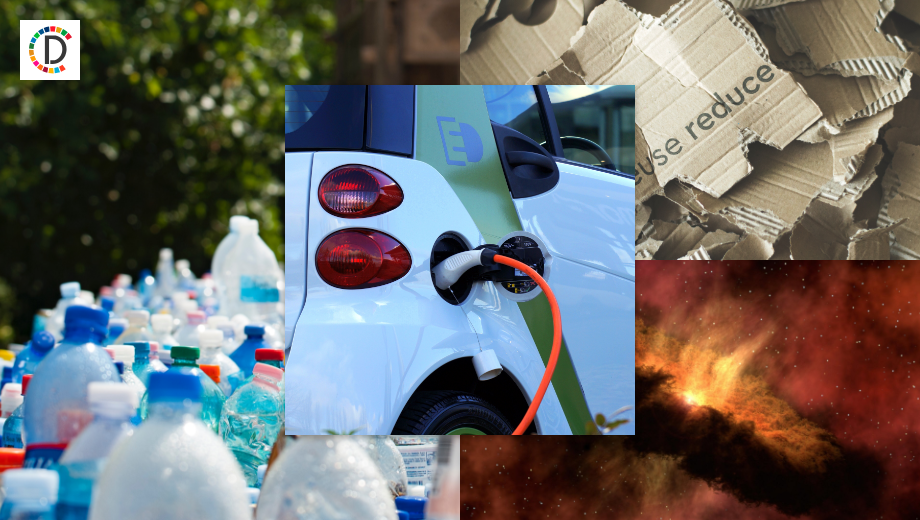Argentina's Energy Transformation: A Billion-Dollar Shift
Argentina has significantly reduced its energy subsidies by $2.7 billion this year, aiming to curb the fiscal deficit and attract investments. The country achieved a $2.9 billion energy trade surplus. Plans are underway for major expansions in the oil, gas, and LNG sectors, highlighting significant foreign and domestic investments.

Argentina has successfully reduced its energy subsidies by $2.7 billion in the first seven months of 2023, Energy Secretary Eduardo Rodriguez Chirillo announced on Thursday. This move is part of the nation's strategy to trim its fiscal deficit and promote investment in the energy sector.
Rodriguez Chirillo revealed to businessmen in Houston that Argentina achieved a $2.9 billion energy trade surplus between January and July, in stark contrast to previous years' deficits. He emphasized the importance of allowing investors to design their own models and guaranteeing export rights as part of the new economic framework.
The Neuquen province, rich in Vaca Muerta shale oil and gas reserves, is pushing for the removal of foreign exchange controls to attract investments. Governor Rolando Figueroa underlined the necessity of clear rules and a robust legal framework to enhance production.
Signs of incoming investment are evident as oil and gas producers announce expansions and key midstream projects. YPF's pipeline from Vaca Muerta will significantly boost crude export capacity. Talks are ongoing with Energy Transfer to operate the pipeline.
Large LNG projects involving Petronas and Tecpetrol are also in the pipeline, expected to make Argentina an LNG exporter. The first phase of the $55 billion Petronas-YPF LNG project is expected to have its final investment decision by late next year, with the first output anticipated by 2030.
Pluspetrol and Nabors Industries are also set to ramp up drilling activities in Vaca Muerta, further bolstering Argentina's energy sector growth.
(With inputs from agencies.)
- READ MORE ON:
- Argentina
- energy
- subsidies
- investments
- oil
- gas
- LNG
- Vaca Muerta
- fiscal deficit
- energy trade
ALSO READ
Gazprom's Gas Flow Disruption: A New Era for European Energy?
Gazprom's Gas Dispatch to Europe through Ukraine Drops Significantly
The End of an Era: Gazprom's Declining Grip on European Gas
Reliance Industries' Bold Pivot: From Oil Dominance to Healthcare Innovations
Ukraine's Gas Transit: A New Era Begins










